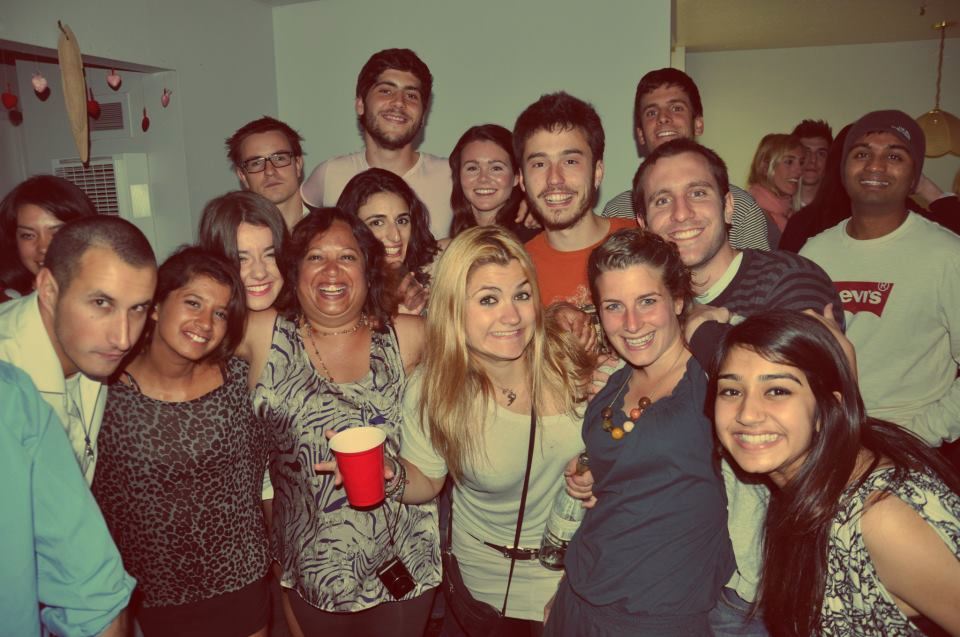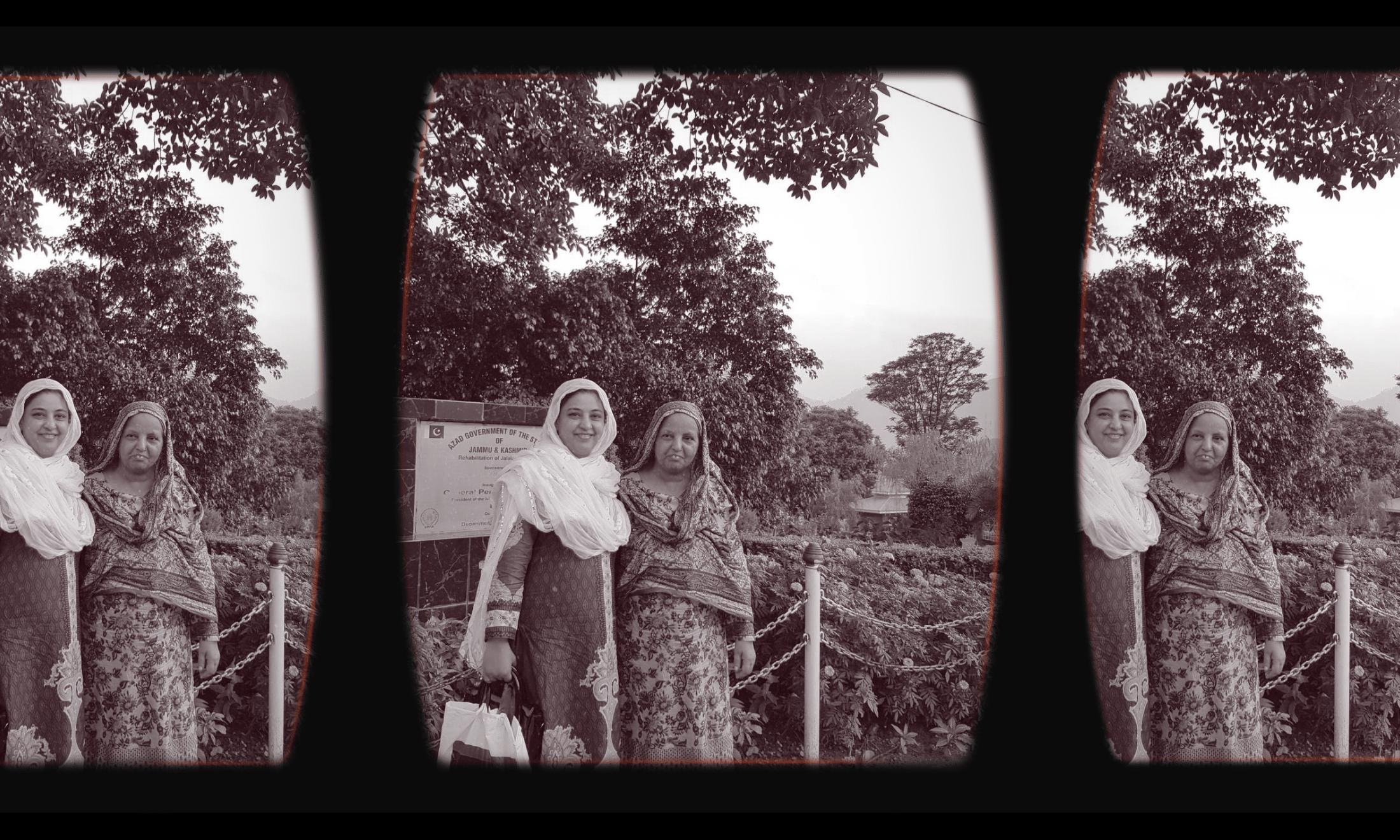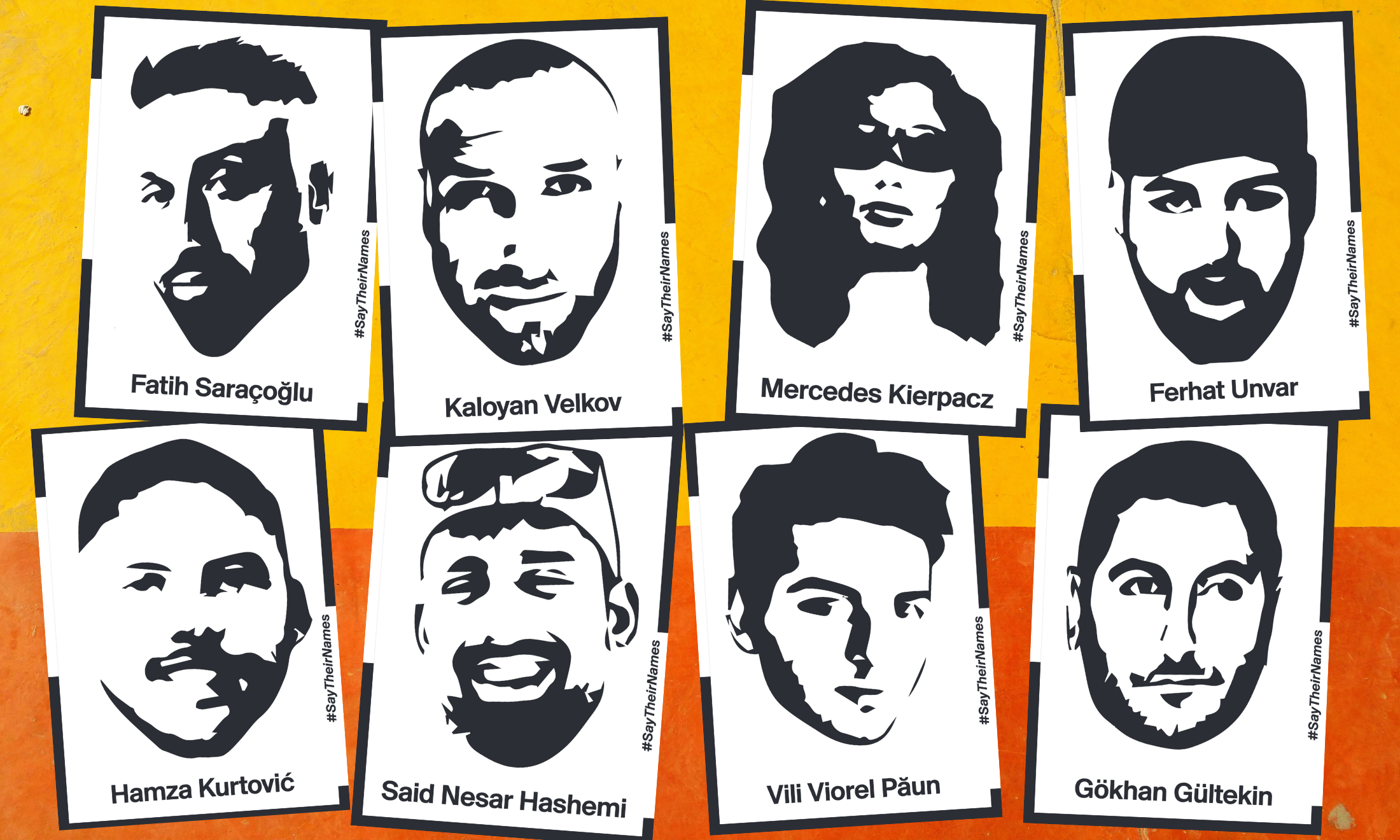
I invite my mum to house parties because she’s had a hard life and I want to offer her an escape. As a young Indian immigrant, she had an arranged marriage and quickly became a mother, breadwinner and carer.
She’s had to navigate racism, sexism and poverty at home and outside it. She was always working hard for everyone else, with little time for herself, and was particularly keen to empower me to find my own way. I’ve always been amazed by her joyful and fighting spirit.
Seeing her struggle so hard left me feeling angry and upset at the injustice and burdens that my mum, who shines so brightly, has been expected to bear from an incredibly young age.
And so now, I feel that inviting my mum to party with me is our way of coming together and laughing in the face of life’s shit as we hold hands and dance.
I remember jumping together to Swedish House Mafia at a house party in California. I remember the sweet feeling of freedom and exhilaration that came with the release of pent-up energy from years of responsibilities, burdens and frustrations.

Experiences like these energise us for the struggle ahead. As a byproduct, they make some of the men in my family very angry and my fellow party goers feel very surprised.
My friend Janki who, like me, is a woman with Gujarati heritage, in her late 20s, told me that sometimes her mum joins her mini house parties: “When she’s there, she’s relaxed. She has a sense of humour, like my friends. They aren’t that different.”
Janki compared this to if her dad were to join: “He would be judgmental and annoyed if there were boys there.” Janki also told me that her mum doesn’t join for very long either as “she always has housework on her mind, but coming does give her some relief.”
I asked Janki whether she would invite her mum out with her, and her answer highlighted a problematic way that patriarchal systems can infuse mother-daughter relationships: “If I invited my mum out to a party, my dad would probably use her as a spy, he’d interrogate her and tell her off if he found out that I was doing something that he thinks I shouldn’t be.”
My friend Amrit, who is a woman with a Punjabi heritage in her early 40s, thinks that stories like ours are common: “there are so many Asian people in this country who get on with their mothers, and go for a drink with them. It’s great that our generation have found a way, and this has happened because our mums want to bond with us like this.”
“‘When she’s there she’s relaxed. She has a sense of humour, like my friends. They aren’t that different’”
I loved hearing about when Amrit’s mother bought a pair of glittery shoelaces along with new trainers to mark the occasion when she visited her at university. She fitted into the scene with ease and humour:
“My parents first came to this country in the 60s, and my mum was known throughout the community for being the party animal. Everyone wanted to be around her. We’re not as wild as they were!”
This surprised, and delighted me, as I see Amrit’s mother as a 70-year-old woman who wears a salwar kameez and for me, until now, that held connotations of traditional indian conservatism and rejection of women who party! What a wonderful relief to know that there are older Indian women who celebrate their daughters’ “wilder” ways.
Ranjit, another friend with a Punjabi heritage in her early 30s, highlights how partying with our mums can address a deep problem.
Her mum was hit by depression when her last child left home. Ranjit sees this as a period when years of non-stop “dinner laundry school run” caught up with her and “the sociable woman we knew became introverted and lost her shine.”
“‘When you party with your mum you see a different side of her, and it develops your relationship’”
As a response, Ranjit started arranging nights out. “We took mum to Bounce, the ping pong place. Everyone else was with their friends. I was with my mum. If we don’t share these experiences, then how will my mum know that this other world exists?”
“There are so many people in the world who have a golden heart, like my mum’s, and their glow is dimmed over time because of heavy societal expectations and negative comments from judgemental family members. All you need to do is help them do something that they like, and that shine returns to their eyes and to their smile.”
And to those that judge, Ranjit says, “You know what, my mum has had an oppressive life, and I’m trying to free her.”
I loved hearing Ranjit’s stories, “My mum was drunk on my 30th birthday, we did the old school thing of having a session. She likes a drink. She‘s so naughty. Whenever we’re on holiday she’s the one that starts a water fight. I’m excited to think that I’ll be her one day. And I think I should have a daughter so I can pass this fierceness on.”
“When you party with your mum, you see a different side of her, and it develops your relationship.”
These stories challenge the idea that Indian mothers are passive and conservative. They highlight their bold spirits of celebration, resilience and love for their daughters. They also reveal the emancipatory potential in inviting our mums into our worlds.
I asked my mum what she thinks about partying with me, and she said, “I like to see you happy and living your life, and that’s why I enjoy coming to parties with you.” And the same goes for me. Seeing my mum happy makes joy rise from where it lives in the bottom of my belly, and leaves me feeling peaceful and satisfied. So let’s party confidently on, mum!









